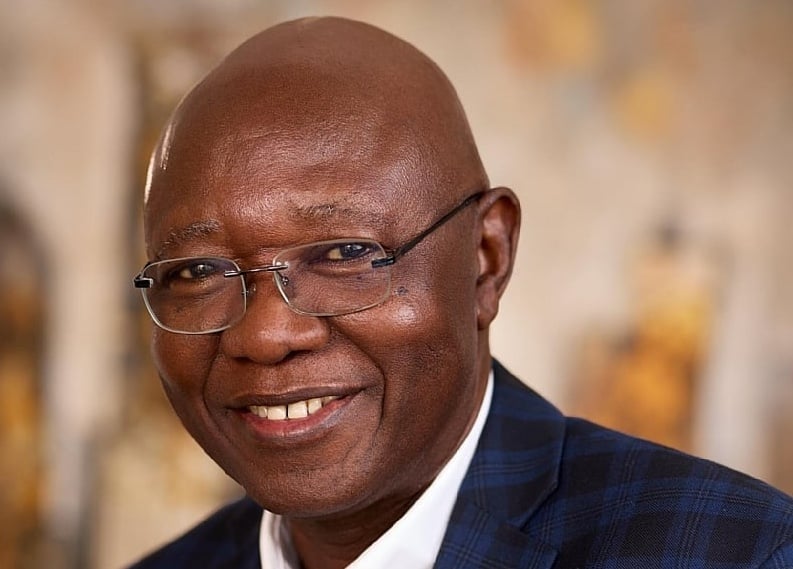A former Minister of State and renowned governance and public policy analyst, Dr. Akwasi Opong-Fosu, has called for an ambitious global coalition to combat corruption, anchored in ethical leadership, empowered citizens, and comprehensive institutional reform.
Delivering the keynote address at a virtual Anti-Corruption Roundtable Forum, co-hosted by the Africa Global Chamber of Commerce and the Sonoco International Business Department of the University of South Carolina, Dr. Opong-Fosu made an impassioned case for reimagining the global anti-corruption framework.
Speaking on the theme, “Towards a New Anti-Corruption Agenda: Lessons from Diverse Stakeholders in Africa and the West,” Dr. Opong-Fosu underscored the devastating toll of corruption on nations and societies. “Corruption is a direct attack on human dignity. It robs nations of opportunity, weakens institutions, and undermines public trust,” he stated, stressing that the fight against corruption must be both moral and strategic.
Highlighting the scale of the problem, he cited data showing that over $2.6 trillion is siphoned from the global economy each year due to corruption—representing more than five percent of global GDP. Developing nations, he added, lose approximately $1.26 trillion annually, while Africa alone forfeits $10 billion every year to graft—resources that, if properly harnessed, could revolutionize public services in health, education, and employment.
Dr. Opong-Fosu argued that corruption is not an African issue but a global scourge that requires a united international response. He referenced major scandals such as Malaysia’s 1MDB, the Panama and Pandora Papers, and corruption cases involving prominent Western figures like former French President Nicolas Sarkozy and U.S. Senator Bob Menendez. He said the pattern of impunity for actors in wealthier jurisdictions exacerbates a global double standard. “While African leaders are rightfully held to account, those who receive and protect illicit wealth often go untouched. This double standard must end,” Dr. Opong-Fosu asserted.
He also pointed to Ghana’s struggle, referencing research by Prof. Isaac Boadi from the University of Professional Studies, which estimates the country loses more than GH₵9 billion each year to corruption, tax evasion, and smuggling—an amount six times the annual cost of the Free SHS programme.
In his address, Dr. Opong-Fosu outlined the urgency of dismantling illicit financial flows that siphon between $50 billion and $60 billion out of Africa each year, often with the tacit complicity of foreign institutions. He urged that this issue be prioritized on the global agenda.
To combat corruption effectively, he proposed a bold anti-corruption framework focused on restoring institutional autonomy, promoting ethical leadership through mechanisms such as asset declarations and lifestyle audits, adopting emerging technologies like AI and blockchain to enhance transparency, fostering stronger global cooperation, and empowering citizens, the media, and whistleblowers.
Dr. Opong-Fosu closed his remarks with a call for a leadership transformation that shifts politics away from cronyism and transactionalism towards meritocracy and citizen-focused governance. “Corruption is not destiny. It is a decision repeated, tolerated, and reinforced. But integrity is also a decision, principled, courageous, and consistent,” he said.
The forum convened a cross-section of academics, policy experts, business leaders, and civil society representatives from Africa and the West to examine realistic, collaborative solutions to entrenched corruption systems.


